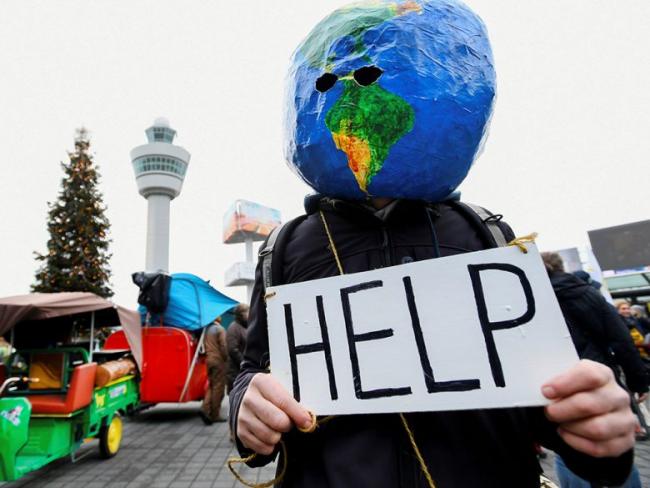Articles Menu

[Note: This in the National Post.]
April 11, 2020
The following is adapted from the opening remarks made by George Monbiot in a Munk Debates Podcast with Andrew McAfee. Listen to the whole episode on climate change and capitalism here:
Climate change requires the end of capitalism, full-stop. Capitalism has three innate characteristics that drive us towards destruction, and it doesn’t really matter what kind of capitalism it is, whether it’s Keynesian, whether it’s neo-liberal capitalism, whether it’s corporate capitalism, or whether it’s crony capitalism. The problem is not with the adjective, but with the noun.
Those three characteristics are, firstly, that it generates and relies upon perpetual growth. That growth is the aggregate of the drive to generate profit and accumulate wealth. If growth stops, capitalism is doomed to fail. And that growth means that any efforts we make to prevent climate breakdown means we are constantly running down the rising escalator. One need only look at the U.K., for example, which has made some pretty good efforts in combating climate change. We passed a sweeping climate change act, we’ve got the net zero target, we’ve replaced nearly all our coal-burning with gas-burning, we’ve insulated our homes, and we’ve changed our light bulbs. But still, we have basically flat-lined. We’ve achieved no substantial cut to emissions, when you take into account all our consumption emissions, our embodied emissions that we’re importing from other parts of the world, aviation and shipping emissions, etc. Why is that? Because everything we’re trying to do gets counteracted by growth, which just means that we’re constantly cancelling out our own good efforts.
We're constantly cancelling out our own good efforts
The second characteristic is this belief that really lies at the heart of capitalism, and has been there ever since John Locke formulated it, and possibly before, which is that our right to own natural wealth equates to the amount of money that we’ve got in the bank or we can borrow. So, if you’ve got a certain amount of money, you can own as much land as you want and as much atmospheric space as you want by buying a private plane and as many homes as you desire. In other words, you can take as much natural wealth away from other people as you like. And like growth, that is a fundamental and innate characteristic of capitalism. Once you take away that right to turn money into natural wealth, it’s no longer capitalism.
The third characteristic is the one that really ensures that people go along with capitalism, the idea that everyone can pursue and can expect to find private luxury. We’re all temporarily embarrassed millionaires, and so we all think that we’re going to achieve the private luxury that some people have. But if we did so, we would drive the living world into a death spiral. The only reason that some people can enjoy private luxury today is that other people don’t, and if everybody lived as the rich live today, then we would unquestionably destroy the whole biosphere. We would have six, seven, eight degrees of global heating, and that would be curtains out for just about all of life on Earth.
The only reason that some people can enjoy private luxury today is that other people don't
And yet, if you take away that promise, you say “no, private luxury is not for all, it’s only for a few,” the entire justification for capitalism collapses. So, in other words, it’s not any variant of the system that is the problem, it is the system in whatever form it might take.
George Monbiot is an author, Guardian columnist and environmental campaigner. His best-selling books include Feral: Rewilding the land, sea and human life, and Heat: how to stop the planet burning; his latest is Out of the Wreckage: a new politics for an age of crisis.
[Top photo: A man demonstrates as Greenpeace stages a climate protest at Amsterdam Schiphol Airport in Netherlands on Dec. 14, 2019.Piroschka van de Wouw/Reuters]